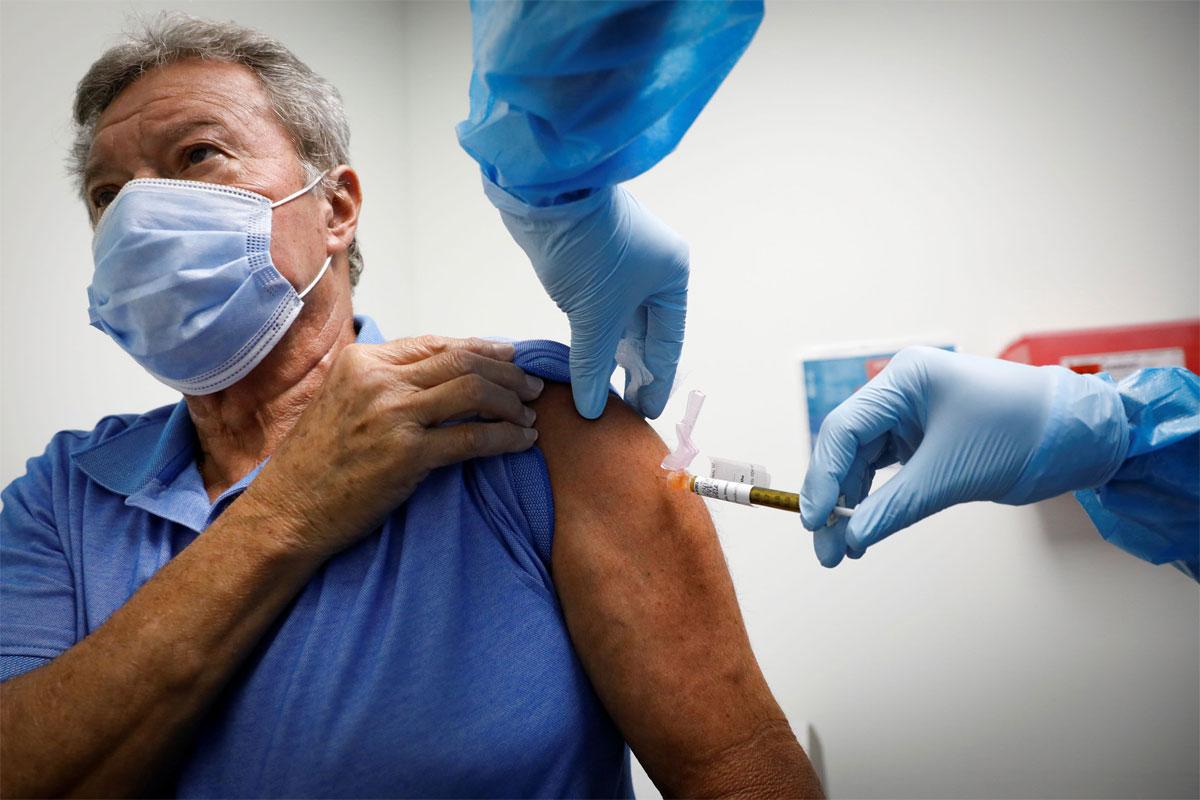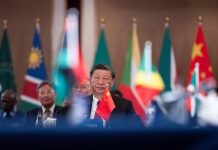Africa-Press – Lesotho. Last week was abuzz with media reports about a confrontation between Pfizer CEO, Albert Bourla, and two journalists in Davos, Switzerland. They peppered Bourla with questions about why he had not disclosed that the Pfizer vaccine does not prevent transmission of the virus, about the vaccine’s effectiveness, whether he is concerned about product liability (for vaccine injuries), and how much he personally made off the vaccine.
The questions conflated the issues of vaccine effectiveness with preventing transmission or retransmission of the virus. The other questions raise some interesting issues, but certainly, the encounter between the reporters and Bourla has been blown out of proportion.
At one point, Bourla was asked: “You (Pfizer) said it (the vaccine) was 100 per cent effective, then 90 per cent, then 80 per cent, then 70 per cent, but we now know that the vaccines do not stop transmission. Why do you keep that secret?” Readers curious about the encounter can view the video here and look up the profiles of the reporters on the Internet.
Vaccine Effectiveness and Preventing Transmission of the Virus
It goes without saying that Covid vaccines have been immensely effective in curtailing the severity of illness associated with infections and in reducing mortality dramatically.
The experiences of the US, Britain, India, Europe, Japan, South Korea, etc. , are testimony to this. A study reported in Lancet, the British journal estimated that vaccines had saved between 14 and 20 million deaths.
Underscoring this is China’s experience where Chinese vaccines were ineffective, and the lifting of draconian lockdowns and quarantine rules has, according to reports, led to a surge of infections and deaths.
The effectiveness of a vaccine in preventing infection, mitigating the effects of an infection, or in preventing death, do not necessarily tell us whether the vaccine prevents the transmission of the virus.
We need first to dismiss the myth that vaccines are ineffective if one can be infected despite being vaccinated. If this were the case, every first shot of a multi-shot vaccine would be deemed ineffective.
Moreover, vaccines are not 100% effective. The premise on which a vaccine works is that it enables a vaccinated person to generate antibodies to fight off the infection if that person is attacked by the virus. There is nothing new here.
Anika Singanayagam, academic clinical lecturer in adult infectious disease at Imperial College London, is quoted in a year-old BMJ article: “The main point of vaccines is not to do with preventing transmission.
The main reasons for vaccines for Covid-19 is to prevent illness and death. ” Therefore, it is not unexpected that it is still possible to pass on the virus while vaccinated.
Adding to the complexity is that Omicron variants are more transmissible than the original covid virus. She added: “There are avenues to think about the development of vaccines that can have more of an effect on transmission.
Those are usually vaccines delivered more locally, such as directly through the respiratory tract, which could tackle the source of major transmission, rather than the lungs, which is where the first generation of vaccines was targeted in order to prevent severe infection. That’s probably the way things will move in the future. ”
Immunity from Liability for Vaccine Manufacturers
In a story covering the encounter with Bourla, The Times of India reported that in the early days of the vaccination drive, Pfizer sought an indemnity bond that would exempt it from legal claims arising from adverse effects of the vaccine.
India’s minister for state for Information and Technology is quoted as having chimed in with a tweet: “Just to remind all Indians that Pfizer tried to bully Govt of India into accepting conditions of indemnity.
” This surely exaggerates the situation.
As is well documented, India relied entirely on the AstraZeneca vaccine produced under license by Serum Institute of India under the name Covishield and Covaxin produced by Bharat Biotech. Since then, the Sputnik V vaccine as well as the Moderna mRNA vaccine, and the Johnson & Johnson vaccine have been produced in India.
Indeed, in September 2021, India’s government announced that it would not buy Covid-19 shots from Pfizer and Moderna mainly because the domestic output of more affordable and easier-to-store vaccines had increased dramatically.
For More News And Analysis About Lesotho Follow Africa-Press






